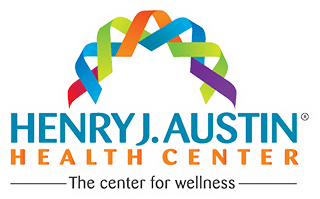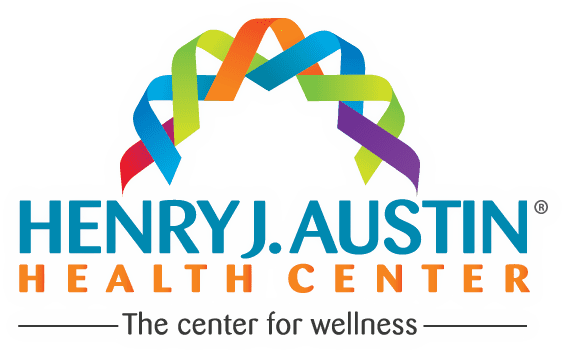The Impact of Clinical Pharmacist Led Comprehensive Medication Management on Diabetes Care at Federally Qualified Health Centers within the BD Helping Build Healthy Communities Program. Journal of the American College of Clinical Pharmacy.
Authors: Pastakia, Sonak, Alycia Clark, Katie Lewis, Damon Taugher, Rajal Patel, Liz Ali, Cecilia Wu, Racheal Butler, M. Thomas Bateman Jr, Caitlin McCarthy, Joanne Vargas, Carrie Poulsom
Abstract
The BD Helping Build Healthy Communities (HBHC) program is a philanthropically funded initiative designed to provide support for comprehensive medication management (CMM) services at Federally Qualified Health Centers (FQHCs) to support care for low-income populations.
The primary outcome of interest was the change in glycosylated hemoglobin (HbA1c) between baseline and 6 months with changes in systolic (SBP) and diastolic blood pressure (DBP) between baseline and 6 months being evaluated as secondary outcomes.
Awardees of the HBHC program who provided clinical pharmacist led CMM services in 2017, 2018, or 2019 to address the needs of people living with diabetes, were asked to complete a standardized monitoring template to evaluate their progress in serving patients receiving care at their clinic. The data from these reports was then analyzed using the paired t test to identify statistically significant changes in HbA1c, SBP, and DBP
A total of eight FQHCs, providing care to a total of 2502 patients, received funding within the HBHC program for their CMM activities related to diabetes. Within the primary outcome analysis of the change in HbA1c at 6 months, a statistically significant reduction in average clinic HbA1c between baseline and 6 months (9.4 vs 8.2, mean difference 1.2, 95% CI [0.45-1.97, P <.01]) was observed. Similarly, a statistically significant reduction was observed between baseline and 6 months for SBP (140.8 vs 130.2 mm Hg, mean difference 10.5, 95% CI [2.2-18.9 mm Hg, P <.05] and DBP (83.1 vs 78.9 mm Hg, mean difference 4.15, 95% CI [0.48-7.82 mm Hg, P <.05]).
The CMM activities within the HBHC program were able to demonstrate statistically significant reductions in HbA1c and blood pressure. Despite the inherent limitations associated with a retrospective analysis with diminishing patient follow-up over 24 months, this analysis shows that investment in clinical pharmacist led CMM could potentially have positive impacts on clinical outcomes for patients receiving care at FQHCs. Additional rigorous studies are needed to confirm the findings seen in this analysis.


